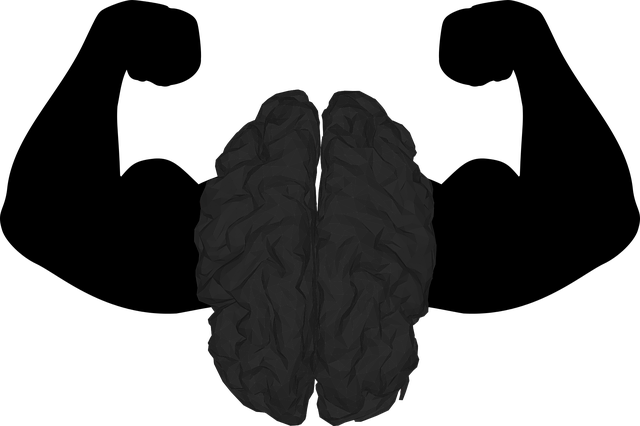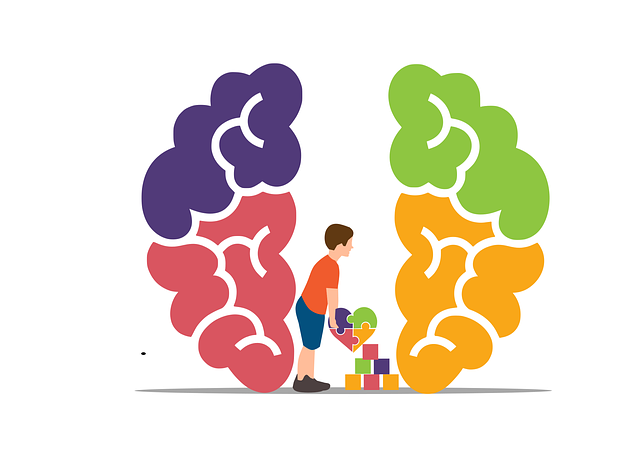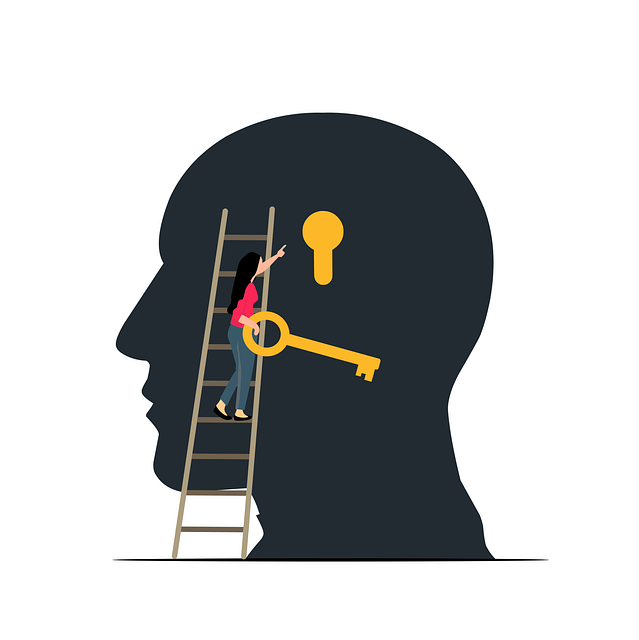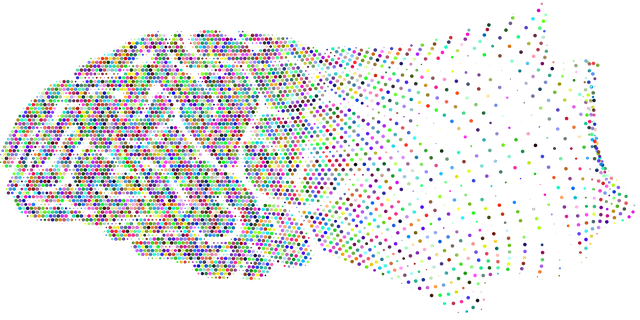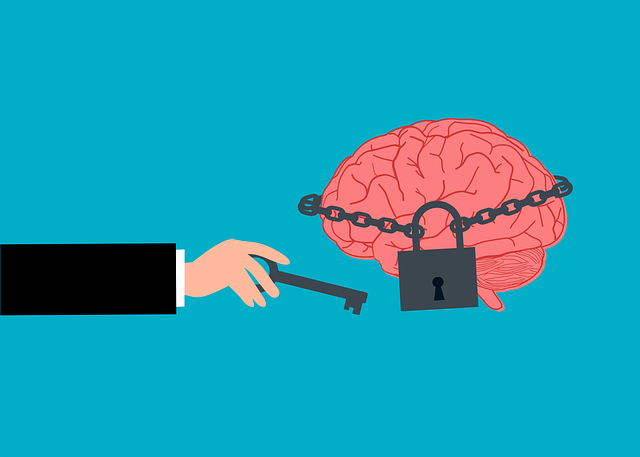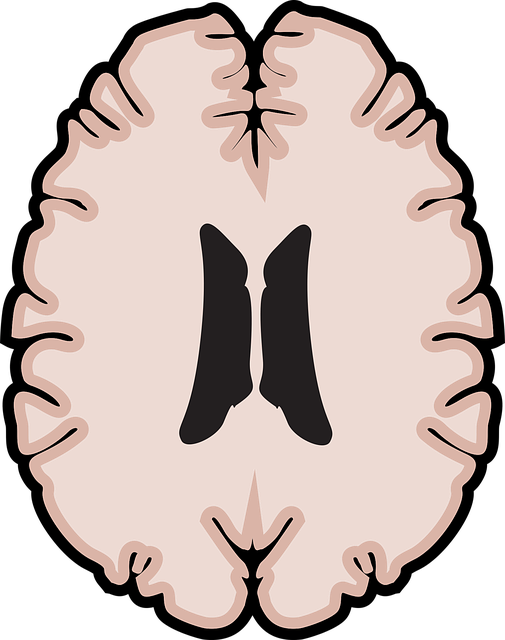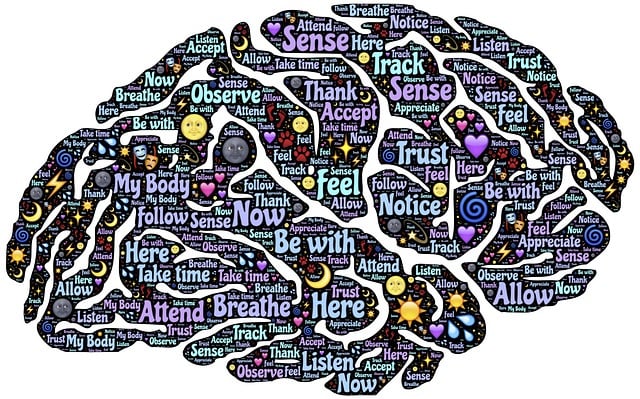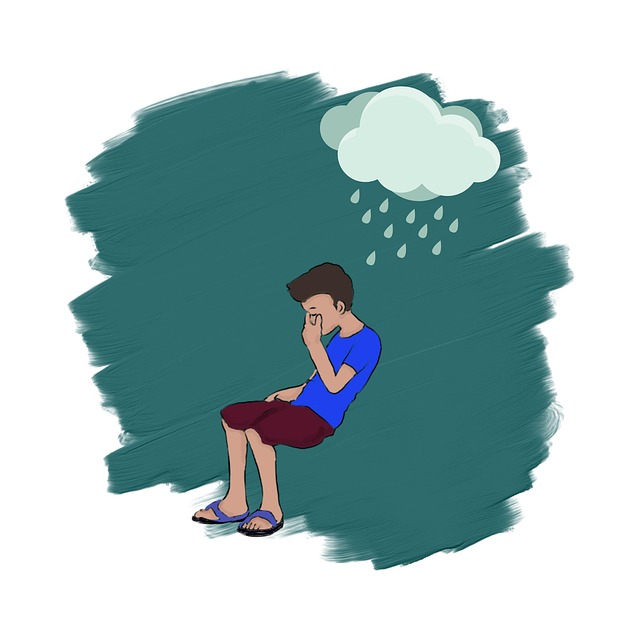Lone Tree Blended Families Therapy offers comprehensive solutions for anxiety management within complex family dynamics. Recognizing symptoms, encouraging open communication, and providing safe therapy spaces equip family members with tools like Social Skills Training and Mental Wellness Journaling. Creating calm home environments through decluttering and self-awareness exercises further reduces anxiety. Cognitive Behavioral Therapy (CBT) targets negative thought patterns, while mindfulness techniques like deep breathing and guided meditation enhance resilience against stress and depression. A holistic approach focusing on lifestyle changes, self-care routines, and healthy habits promotes long-term mental wellness tailored for Lone Tree blended families.
Anxiety is a prevalent issue affecting many, especially within blended families in Lone Tree. Understanding its symptoms and triggers is the first step towards management. This article explores various techniques tailored for these unique family dynamics. From creating a supportive home environment to evidence-based therapies like Cognitive Behavioral Therapy (CBT), we provide practical strategies. Additionally, mindfulness, relaxation, and lifestyle changes are discussed, empowering readers with tools to navigate and reduce anxiety effectively.
- Understanding Anxiety: Symptoms and Triggers in Blended Families
- Creating a Supportive Environment at Home for Anxiety Relief
- Cognitive Behavioral Therapy (CBT): A Powerful Tool for Managing Anxiety
- Mindfulness and Relaxation Techniques for Daily Stress Reduction
- Building Resilience: Lifestyle Changes for Long-Term Anxiety Management
Understanding Anxiety: Symptoms and Triggers in Blended Families

Anxiety is a common struggle, especially within blended families where children are navigating complex dynamics and adjustments. Recognizing symptoms is vital; these may include persistent worry, excessive fear, rapid heartbeat, or physical sensations like trembling and sweating. These feelings often manifest when individuals face triggers such as changes in routine, stepparent involvement, or sibling rivalry. In Lone Tree blended families, therapy can offer a safe space to explore these challenges.
Social Skills Training, Mental Wellness Journaling Exercises, and Mind Over Matter principles are valuable tools. Therapy encourages open communication about emotions and triggers, fostering understanding and coping strategies. By addressing these aspects, individuals in blended families can enhance their mental wellness and build resilience.
Creating a Supportive Environment at Home for Anxiety Relief

Creating a calm and supportive environment at home can significantly contribute to managing anxiety, especially for those in blended families. Lone Tree Blended Families Therapy suggests incorporating practices that foster relaxation and reduce stress triggers. This might include transforming your living space into a haven with minimal clutter and organized areas, ensuring each family member has dedicated personal spaces.
Engaging in self-awareness exercises like deep breathing, meditation, or yoga can also be integrated into daily routines at home. These activities promote mental clarity and help individuals recognize and manage anxiety symptoms. Additionally, promoting open conversations about anxiety within the family can foster understanding and encourage seeking professional support when needed, such as through therapy services specifically tailored for blended families.
Cognitive Behavioral Therapy (CBT): A Powerful Tool for Managing Anxiety

Cognitive Behavioral Therapy (CBT) has emerged as a powerful tool in the arsenal of anxiety management techniques, offering relief to many individuals grappling with anxiety disorders. This evidence-based approach focuses on identifying and modifying negative thought patterns and behaviors that contribute to anxiety. By breaking down overwhelming thoughts into more manageable chunks, CBT empowers individuals to challenge their anxious beliefs and replace them with realistic, balanced perspectives.
For Lone Tree blended families seeking therapy for anxiety, CBT can be particularly effective. It provides structured strategies tailored to each person’s unique experiences and challenges. Incorporating compassion cultivation practices and developing a robust self-care routine alongside CBT can further enhance its benefits, fostering resilience and promoting depression prevention within the family unit.
Mindfulness and Relaxation Techniques for Daily Stress Reduction

In today’s fast-paced world, stress has become an inevitable part of daily life for many, especially within blended families where complex dynamics can heighten anxiety. Fortunately, mindfulness and relaxation techniques offer powerful tools to combat this. Practices like deep breathing exercises, guided meditation, and yoga cultivate present-moment awareness, helping individuals detach from anxious thoughts and find inner calm.
Integrating these practices into daily routines, such as dedicating even just 10 minutes for a self-awareness exercise or engaging in relaxing activities like reading or listening to music before bedtime, can significantly contribute to stress reduction. Lone Tree Blended Families Therapy recognizes the value of these techniques and often incorporates them into their support programs, alongside communication strategies, to empower families with lasting coping mechanisms. Public awareness campaigns development around mindfulness and mental health can further foster a supportive environment where individuals feel encouraged to prioritize their well-being.
Building Resilience: Lifestyle Changes for Long-Term Anxiety Management

Anxiety management is a lifelong journey, and building resilience through lifestyle changes can significantly contribute to long-term mental wellness. Lone Tree Blended Families Therapy emphasizes the power of self-awareness exercises in fostering adaptability and fortifying against anxious episodes. This involves adopting healthy habits such as regular exercise, balanced nutrition, and adequate sleep, which not only support physical health but also enhance emotional resilience.
Incorporating mindfulness practices and stress management techniques into daily routines can help individuals cultivate mental health awareness and effectively navigate anxiety triggers. By prioritizing these lifestyle shifts, individuals can create a foundation for sustained well-being, empowering them to face challenges with greater equanimity and improved coping mechanisms.
Anxiety management is a journey unique to each individual, especially within the context of blended families in Lone Tree. By understanding anxiety’s symptoms and triggers, creating a supportive home environment, exploring evidence-based therapies like CBT, adopting mindfulness practices, and implementing lifestyle changes, one can effectively navigate stress and foster resilience. These techniques offer tools to manage anxiety over time, promoting a healthier and happier family dynamic. With the right approach, families in Lone Tree blended families therapy can find balance and peace amidst life’s challenges.
